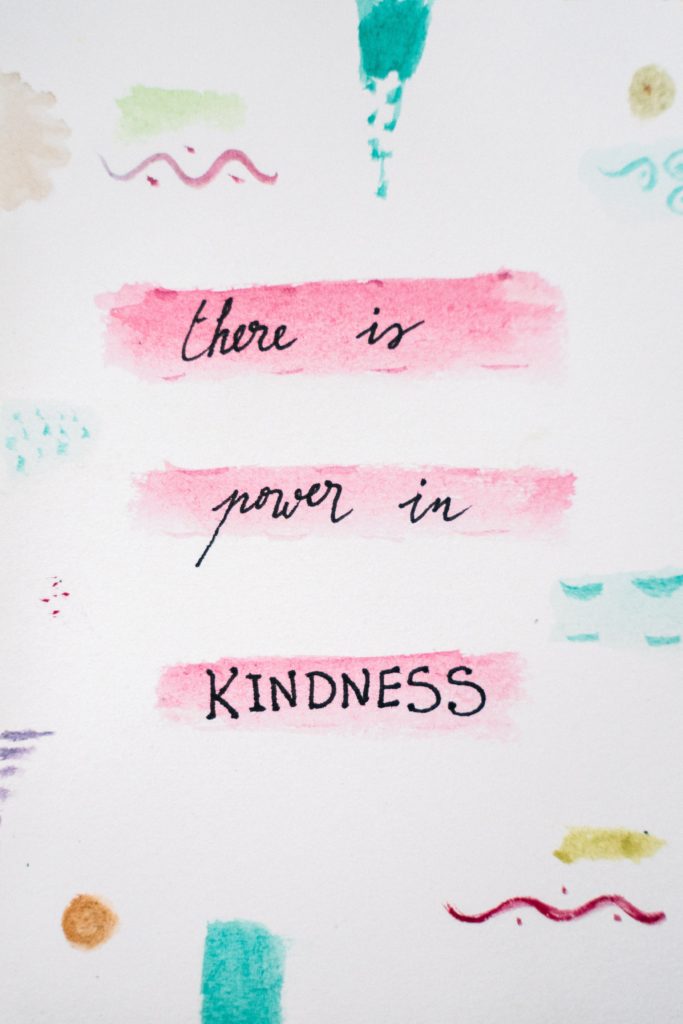By Dr Gabriela da Silva Xavier
“Be kind, everyone you meet is fighting a hard battle”, John Watson (aka Ian Maclaren) famously wrote. As a first aider I remember being taught to be aware that the person who screams the loudest may not be the person who most urgently needs attention: those who need support are not necessarily the most obvious so be alert. I am reminded of these two things as I listened to our speakers- Prof. Kristien Boelaert, Dr. Christian Ludwig and Dr. Jon Mueller – at the IMSR’s Equality, Diversity and Inclusion (EDI) Online Seminar – “Hidden Disabilities and Chronic Diseases”, held on 8th October 2021.
Prof Boelaert talked about the difficulties in diagnosing hypothyroidism- a condition whereby the thyroid gland is underactive- and how this means that the condition is one of the most undiagnosed diseases within the UK, with patients falling through the cracks, handling debilitating symptoms without appropriate help. Treatment is relatively simple once a diagnosis has been made but if left untreated, patients could develop complications such as heart disease, goitre, pregnancy problems, etc. This under-diagnosis is caused by inaccurate detection and a failure to recognise warning signs and symptoms, which usually develop slowly and are often similar to those of other conditions (e.g. menopause). Prof Boelaert discussed her work on how to better diagnosis and manage the disease.
This scientific talk was followed by two talks by IMSR scientists- Dr. Ludwig and Dr. Mueller- on their own personal experiences of living with conditions- type 2 diabetes and bipolar disorder- that are not visible but which have impacted on their lives greatly. Both talked about how they handled being diagnosed relatively recently, and what steps they have taken to make adjustments. They talked about the struggles and the low points they faced.
I was tickled by how both speakers took a rather data-driven approach- probably because of their profession- in how they managed their conditions. Mostly, I was struck by 1) the fortitude demonstrated by both speakers in the face of these challenges, and 2) the importance of having support from family, friends, medical professionals, and colleagues. However, to get support involves making the unknown known and requires people who are affected to reveal personal struggles. This takes courage and is an additional ask on them when they are already handling a lot. Thus, creating an environment where people can talk freely, without fear of judgement or repercussions is important. Which brings me back to the starting phrase by John Watson- be kind.

